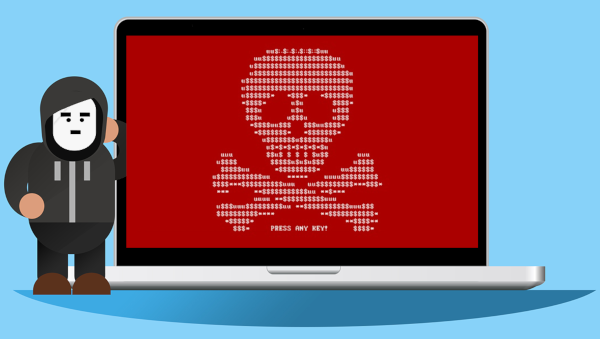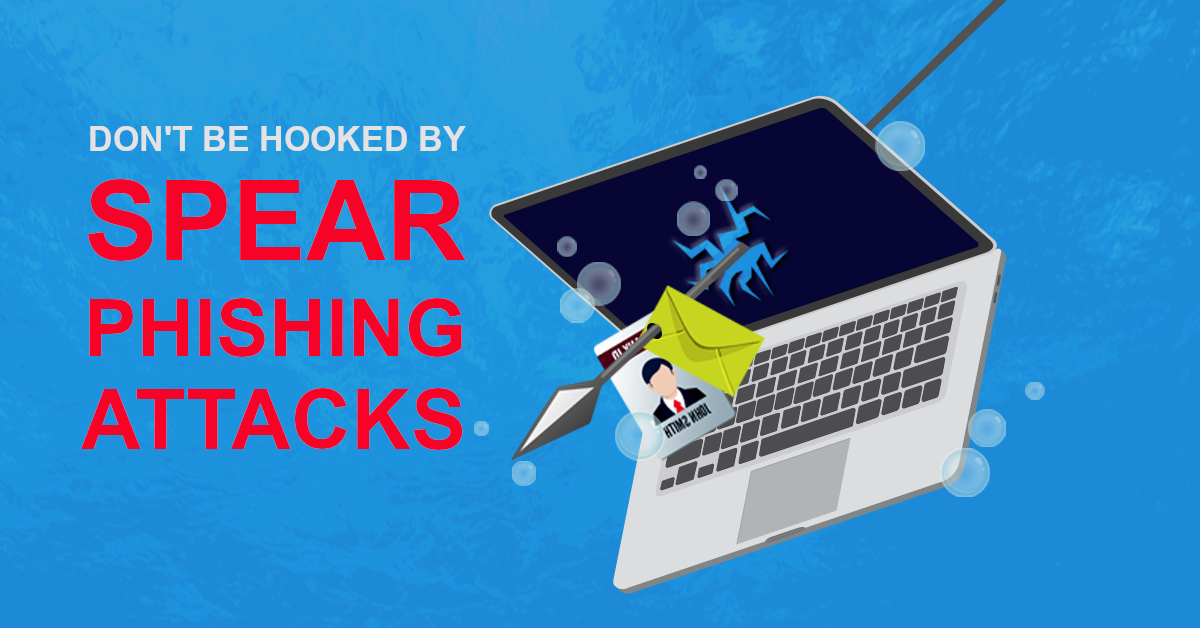 There are the normal costs everyone associates with a computer breach, like employee downtime and the costs associated with getting your network and computers fixed. But really, most businesses that haven’t been hit with a security incident view it as more of an inconvenience than a bottom-line cost. For those businesses who have come out the other side though, it’s a very different story. They know from firsthand experience that the hidden and ongoing costs of a data breach can be crippling and that IT security exists to protect your business on multiple levels. All those surprise costs that spiral out of control are why most businesses close down after a cyber-attack. Here are a few of the hard, but common cold hard realities of life after a hack.
There are the normal costs everyone associates with a computer breach, like employee downtime and the costs associated with getting your network and computers fixed. But really, most businesses that haven’t been hit with a security incident view it as more of an inconvenience than a bottom-line cost. For those businesses who have come out the other side though, it’s a very different story. They know from firsthand experience that the hidden and ongoing costs of a data breach can be crippling and that IT security exists to protect your business on multiple levels. All those surprise costs that spiral out of control are why most businesses close down after a cyber-attack. Here are a few of the hard, but common cold hard realities of life after a hack.
Raiding the budget to reduce downtime
From the moment a cyber-attack compromises your system, things can get expensive, and the longer the attack goes, the more it costs. Latest statistics reveal most breaches aren’t identified for around 191 days and then it can take on average another 66 days to fix and contain the damage – during this time you are cleaning PCs, mobile devices, laptops, servers and even entire networks. Add to this the fees for IT professionals to fix everything up, the costs for new hardware and software to help prevent future incidents and all the hours/days/weeks when your business is struggling with downtime, businesses will quickly exhaust any emergency funds they have.
The long arm of the law
Depending on what data was stolen and how you handled the situation, you could be liable for fines into the millions. If medical data or legal files are leaked a particularly messy scenario may occur with fines coming from multiple sources.
New privacy laws also mean businesses are liable for large fines if they don’t disclose a data breach. Where this gets trickier is that the burden is on your business to know exactly what data has been stolen or illegally accessed, so that you can report it before the fines stack up. This means that even if you were able to fix up the systems yourself, you will still need to hire an expert who can identify exactly data what the hackers took or accessed.
Customer retention measures
In a double crush to your bottom line, not only does your business bear the cost of fixing the hack and your future income takes a hit as customers lose trust and leave. To offset this, many businesses need to spend more on advertising and public relations just to ensure they survive to fight another day.
The data breach disclosure may still come up in search results for many years to come. The more negative publicity your breach attracts, the more you’ll need to spend on customer retention.
All your secrets exposed
While you may not have high level secrets to protect, your business does have data that you would like to keep to yourself. Hackers love going after those juicy tidbits, and the more closely you guard them, the more attractive they are. While large corporations would be big enough to keep their competitive edge after the breach, your business success relies on at least some information staying secret (databases, client info, financial records etc).
But simply avoiding a breach doesn’t cost much at all…
The thing is, it’s not expensive to stay on top of it all and keep your business protected. For a low monthly fee, we can reverse the entire scenario and secure your systems against the unknown. That means no need to raid other department budgets in a panic, pay crippling fines and make embarrassing public announcements.
DP Computing can help with making sure your systems have the latest security patches and your anti-virus knows the latest tricks to watch for. Our technicians implemented a firewall or UTM device to build a virtual fortress around your business that keeps the bad guys out while letting you thrive. Whatever your needs are, both now and moving ahead, we’re here to help keep you safe.
Ready to secure your business against breaches? Give us a call on 08 8326 4364 or via email at
su*****@dp*********.au
.







 Phishing attacks are designed to steal your credentials or trick you into installing malicious software and still exist because they are so devastatingly simple and effective. But as with most things they evolve overtime and unfortunately become even more effective.
Phishing attacks are designed to steal your credentials or trick you into installing malicious software and still exist because they are so devastatingly simple and effective. But as with most things they evolve overtime and unfortunately become even more effective. There are the normal costs everyone associates with a computer breach, like employee downtime and the costs associated with getting your network and computers fixed. But really, most businesses that haven’t been hit with a security incident view it as more of an inconvenience than a bottom-line cost. For those businesses who have come out the other side though, it’s a very different story. They know from firsthand experience that the hidden and ongoing costs of a data breach can be crippling and that IT security exists to protect your business on multiple levels. All those surprise costs that spiral out of control are why most businesses close down after a cyber-attack. Here are a few of the hard, but common cold hard realities of life after a hack.
There are the normal costs everyone associates with a computer breach, like employee downtime and the costs associated with getting your network and computers fixed. But really, most businesses that haven’t been hit with a security incident view it as more of an inconvenience than a bottom-line cost. For those businesses who have come out the other side though, it’s a very different story. They know from firsthand experience that the hidden and ongoing costs of a data breach can be crippling and that IT security exists to protect your business on multiple levels. All those surprise costs that spiral out of control are why most businesses close down after a cyber-attack. Here are a few of the hard, but common cold hard realities of life after a hack.